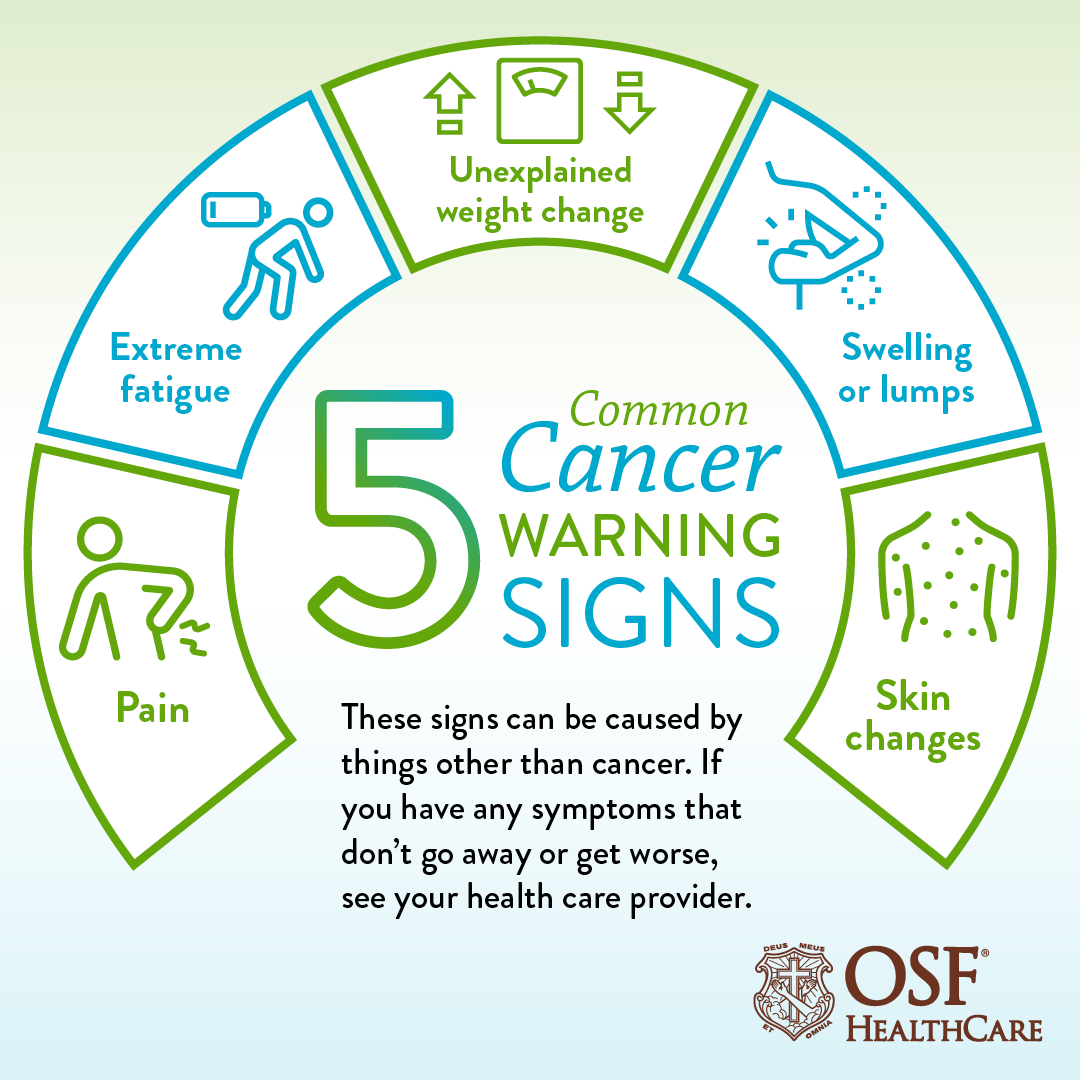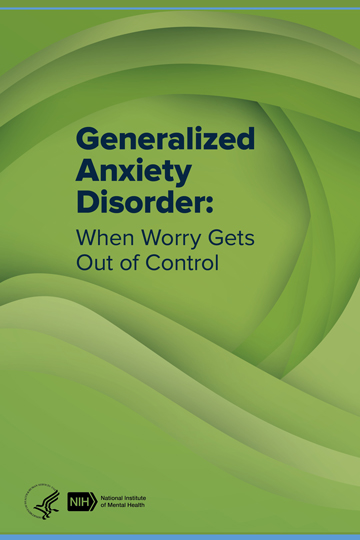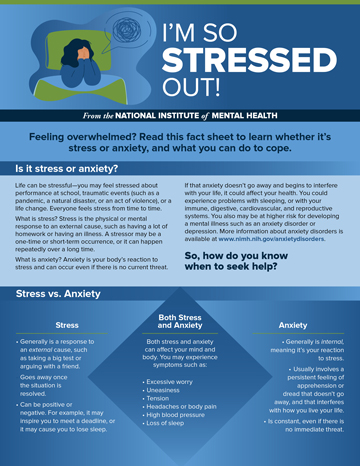Welcome to our comprehensive guide on identifying signs that your mental health may be declining. It’s essential to recognize these indicators so proper care can be sought and healthier habits can be adopted.

Credit: www.osfhealthcare.org

Welcome to our comprehensive guide on identifying signs that your mental health may be declining. It’s essential to recognize these indicators so proper care can be sought and healthier habits can be adopted.

Credit: www.osfhealthcare.org
It’s crucial to pay attention to shifts in your mental and emotional well-being. Some common signs that your mental health may be deteriorating include:
If you find yourself experiencing any of these symptoms on a regular basis, especially if they interfere with your daily life, it’s important to seek professional help and support.
Declining mental health can significantly affect your daily life and overall well-being. It may manifest in various aspects of your life, including:
| Area of Life | Possible Impact |
|---|---|
| Work or School | Decreased productivity, increased absenteeism, difficulty focusing |
| Relationships | Strained interactions, withdrawal from loved ones, difficulty maintaining connections |
| Physical Health | Increased physical symptoms (e.g., headaches, stomach issues), impact on immune function |
Recognizing the impact of declining mental health on various areas of your life is the first step in seeking the support and resources you need to address these challenges.
If you suspect that your mental health is deteriorating, it’s imperative to seek professional help. This can include:
Professional help can provide you with the necessary tools and strategies to manage your mental health challenges effectively.
Engaging in self-care practices can play a significant role in maintaining and improving your mental health. Here are some self-care strategies you can incorporate into your daily routine:
Integrating self-care practices into your life can contribute to a better overall sense of well-being and aid in managing symptoms of declining mental health.

Credit: www.nimh.nih.gov
Building a support network is crucial in navigating mental health challenges. This network may include:
By surrounding yourself with a supportive community, you can feel less isolated and gain valuable insights and encouragement to manage your mental health effectively.
Recognizing the signs of declining mental health is the first step in taking proactive measures to address these challenges. Seeking professional help, engaging in self-care practices, and building a support network are essential components of managing and improving your mental well-being. Remember that prioritizing your mental health is a fundamental aspect of maintaining a healthy and fulfilling life.
If you suspect that you or someone you know may be experiencing a decline in mental health, don’t hesitate to reach out for support. You are not alone, and there are resources and professionals available to help guide you on your journey towards improved mental well-being.